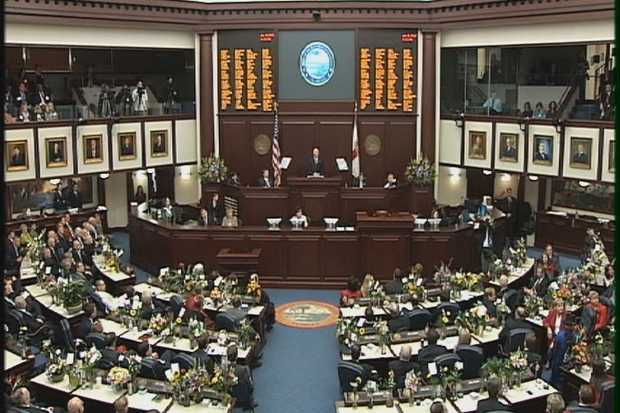Tag: florida
-
Florida’s Longest-Serving Inmates: They Get Older, Sicker and More Well-behaved
By Dan Christensen
FloridaBulldog.org -

Trouble at the Statehouse: secrecy, questionable ethics and conflicts of interest
By Nicholas Kusnetz
Center for Public Integrity
Loopholes are a common part of statehouse culture nationwide, according to the 2015 State Integrity Investigation. The comprehensive probe found that in state after state, open records laws are laced with exemptions and part-time legislators and agency officials engage in glaring conflicts of interests and cozy relationships with lobbyists. -
Weak ethics agencies, lobbyist regulation tarnish Florida in national integrity investigation
By Dan Christensen
BrowardBulldog.org with The Center for Public Integrity
Florida kicked off the modern era of open government reforms when it became the first state to pass an open meetings law in 1967. Today, Florida’s Sunshine Law, and its even older Public Records Law, are among the strongest in the nation. But while Florida lets plenty of sun shine in on public meetings and records, it has done a poor job of illuminating the activities of lobbyists.
Support Florida Bulldog
If you believe in the value of watchdog journalism please make your tax-deductible contribution today.
We are a 501(c)(3) organization. All donations are tax deductible.

Join Our Email List
Florida Bulldog delivers fact-based watchdog reporting as a public service that’s essential to a free and democratic society. We are nonprofit, independent, nonpartisan, experienced. No fake news here.
